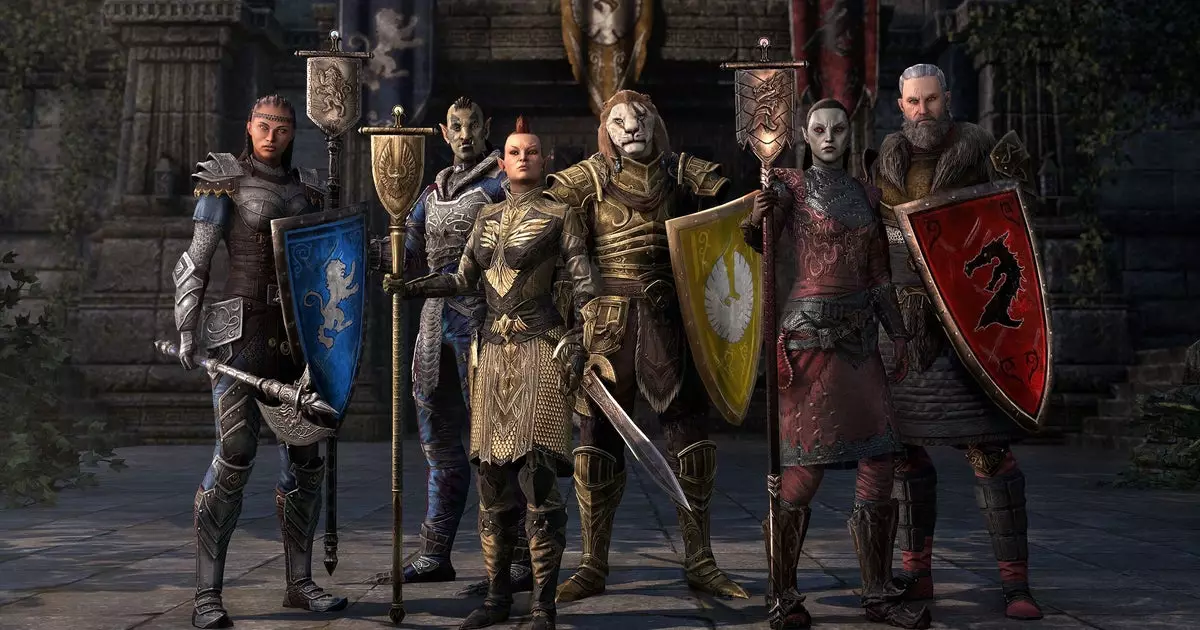In recent years, the gaming industry has witnessed a notable trend towards unionization, showcasing the growing desire for workers to have a voice in an arena often dominated by corporate interests. While the flashing lights of award ceremonies and extensive promotional events generate immense buzz, a significant milestone has quietly taken place amidst the glitz: the launch of a union by employees of Zenimax Online Studios. This initiative, which includes 461 members ranging from engineers to game designers, signals a departure from the traditionally individualistic and competitive culture prevalent in gaming development.
The timing of the union’s announcement was notable. As the entertainment world celebrated awards and accolades, Zenimax’s workforce was quietly organizing to present a united front aimed at improving workplace conditions. Amidst a backdrop of mass layoffs—especially in studios owned by Microsoft—concerns over job security have never been more pressing. The union, which is under the umbrella of the Communication Workers of America (CWA), seeks to champion better pay, benefits, and protections against technologies that threaten job stability, such as artificial intelligence.
This strategy of unionization addresses the stark realities workers face in these environments, particularly the imbalance of power that often leaves them vulnerable. Such challenges are amplified by recent acquisitions in the industry, such as Microsoft’s takeover of Activision Blizzard, fostering an environment that may complicate workers’ negotiating positions.
The emergence of the Zenimax union illustrates not only a collective desire for improved working conditions but also serves as a call to action for others within the gaming sector. Previously, other developers, specifically at Bethesda Game Studios, have also sought similar arrangements with the backing of the CWA, reinforcing that this movement is not an isolated incident but a burgeoning trend. These unions serve as powerful entities that assist employees in understanding and advocating for their rights, which have historically been overlooked in a rapidly evolving industry.
Moreover, as the industry grapples with transformational shifts including the expansion of remote work and the impact of AI, unions can provide a stabilizing force. They can offer a structured approach for workers to navigate these changes while securing their interests, ensuring that technological advancements do not come at the expense of human jobs.
The unionization effort at Zenimax Online Studios is not merely a footnote in the larger narrative of the gaming industry—it represents a critical turning point. As more workers recognize the value of collective bargaining and the importance of solidarity, the landscape of workplace dynamics in gaming may begin a substantial transformation. Employees are evidently taking ownership of their rights, and if successful, this movement could lead to a more equitable and fair work environment in an industry rife with challenges. The quiet, yet profound, political shift seen could redefine how game developers engage with their employers and reshape the future of gaming for the better.

